Five flying car concepts that could revolutionise your morning commute
From Airbus to Uber, we take a look at some of the companies investing in airborne automobiles.
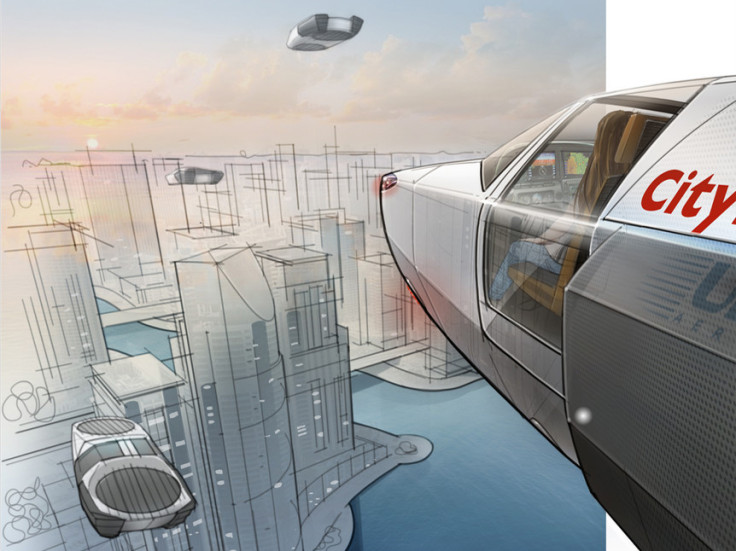
In the last few years, flying cars have transitioned from science fiction to science fact – or at least something resembling it. In their current early form, airborne automobiles aren't quite what their depiction in Hollywood has led us to expect.
Even so, the snowballing interest in the technology bodes well for its future. Much of this interest has come from the start-up scene, where companies have been racing to bring flying car prototypes to fruition.
First out of the gate was PAL-V International, who in February opened its motorcycle/gyrocopter hybrid to commercial sales. Whether the PAL-V Liberty can be classified as a true flying car is arguable, but it's still testament to the ongoing effort in cutting our ties to the road and personal air travel as common as the wheeled variety.
You'd be mistaken if you thought the flying car dream was limited to ostentatious upstarts: even household names like Uber and Airbus are now competing in this bleeding-edge market. Here are five prospective flying car cos worth keeping an eye on.
Uber
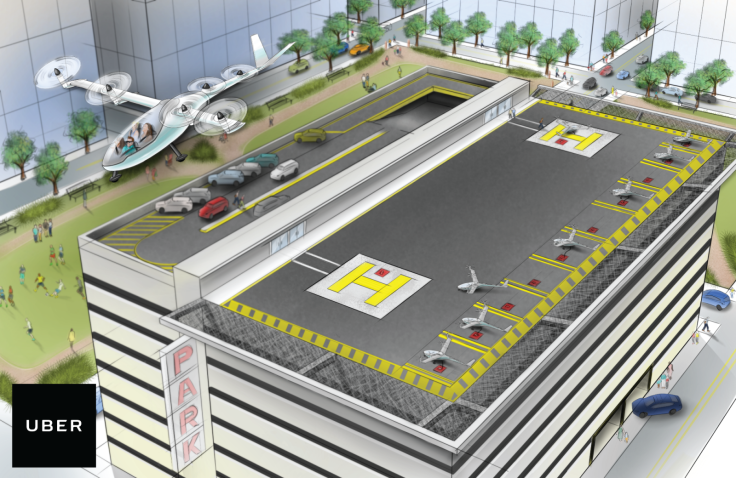
Cab-hailing firm Uber wants to have launched a fleet of autonomous vertical take-off and landing (VTOL) taxis within the next 10 years, which customers will be able to hail using their smartphone much like its existing car service.
Called Uber Elevate, the firm's envisioned cabs will be fully electric and capable of flying 100 miles in 40 minutes, allowing commuters to zip across cities and the petrol-fuelled misery below. Uber wants to have a fleet of prototype flying cars ready in time to demo at the World Expo 2020 in Dubai.
Airbus
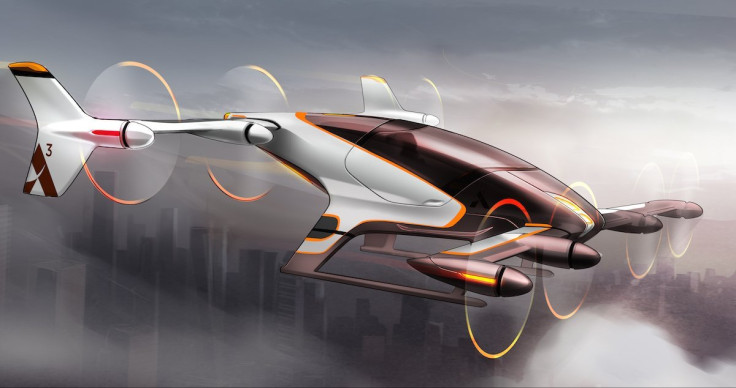
Airbus is developing drone-like electric aircraft that passengers would be able to book through a smartphone app, much like present-day cab-hailing companies. The project, code-named Vahana, plans to have its first prototypes in the air as early as this year and envisions a network of autonomous airborne transport services, including one-seater self-flying cabs as well as zeppelin-like taxis that would operate as ride-sharing services.
AeroMobil
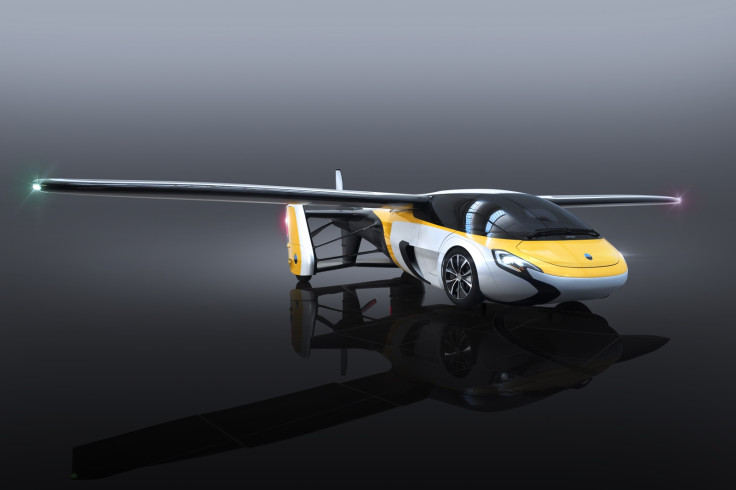
Slovakian company AeroMobil's aptly named Flying Car differs from most flying car concepts in that it relies on wings and a runway in order to take off, as opposed to being equipped with propellers making it capable of VTOL.
The vehicle is powered by a two-litre turbocharged four cylinder petrol engine combined with an electric motor, and can hit top speeds of nearly 225mph while airborne - according to its creators, at least. Costing a cool €1.3m, the first customers are expected to receive this flying supercar in 2020.
Terrafugia
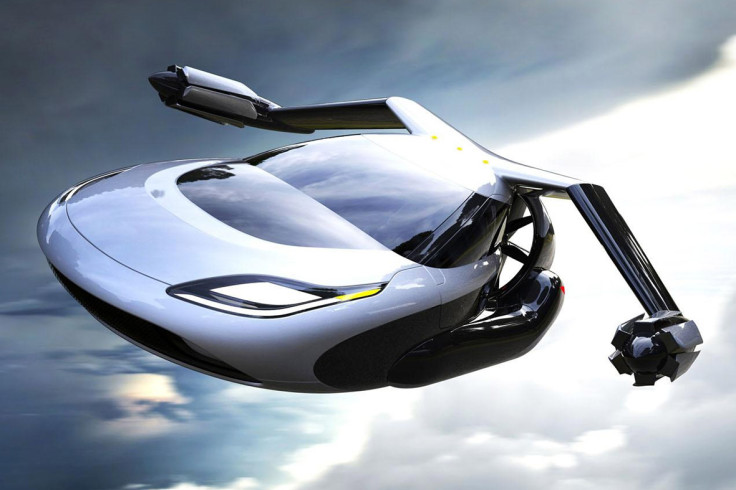
Terrafugia is a US company founded by academics from MIT's Aeronautics and Astronautics lab. The team is currently working on a VTOL craft called the TF-X (pictured), which will supposedly be capable of fully autonomous flight when it lifts off in 2025.
Conceptual images of the TF-X are definitely more in keeping with the flying cars of sci-fi, although Terrafugia's first prototype – the $279,000 Transition – looked nothing like this, putting a significant generational leap between the current prototype and the space-age concept it envisions.
Metro Skyways
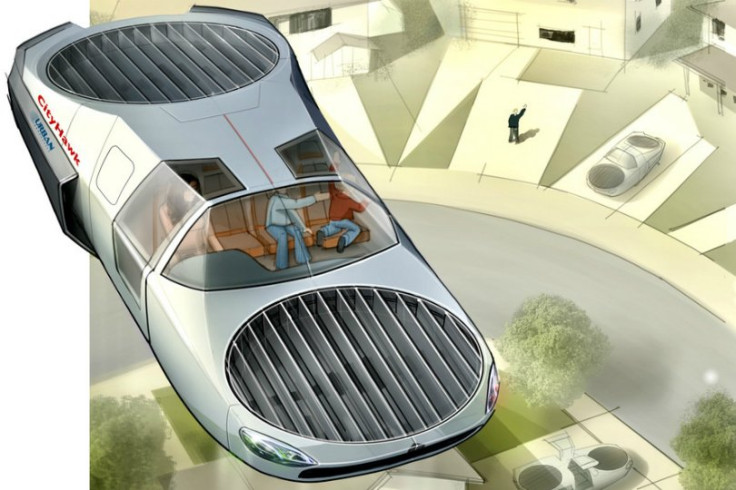
Israeli firm Metro Skyways will harness the power of hydrogen for its four-seater CityHawk flying cars, which it hopes to have airborne by 2022. The aircraft will use rotors built into the chassis itself to achieve VTOL flight, based on technology from parent company Urban Aeronautics.
The fact CityHawk will run on liquid hydrogen as opposed to a hybrid or fully electric engine makes it a particularly compelling proposition. This is the same stuff Nasa is looking at for powering future spacecraft. But liquid hydrogen is also extremely volatile, meaning there are significant hurdles to overcome before it can be deemed a safe and commercially viable form of fuel.
© Copyright IBTimes 2025. All rights reserved.






















